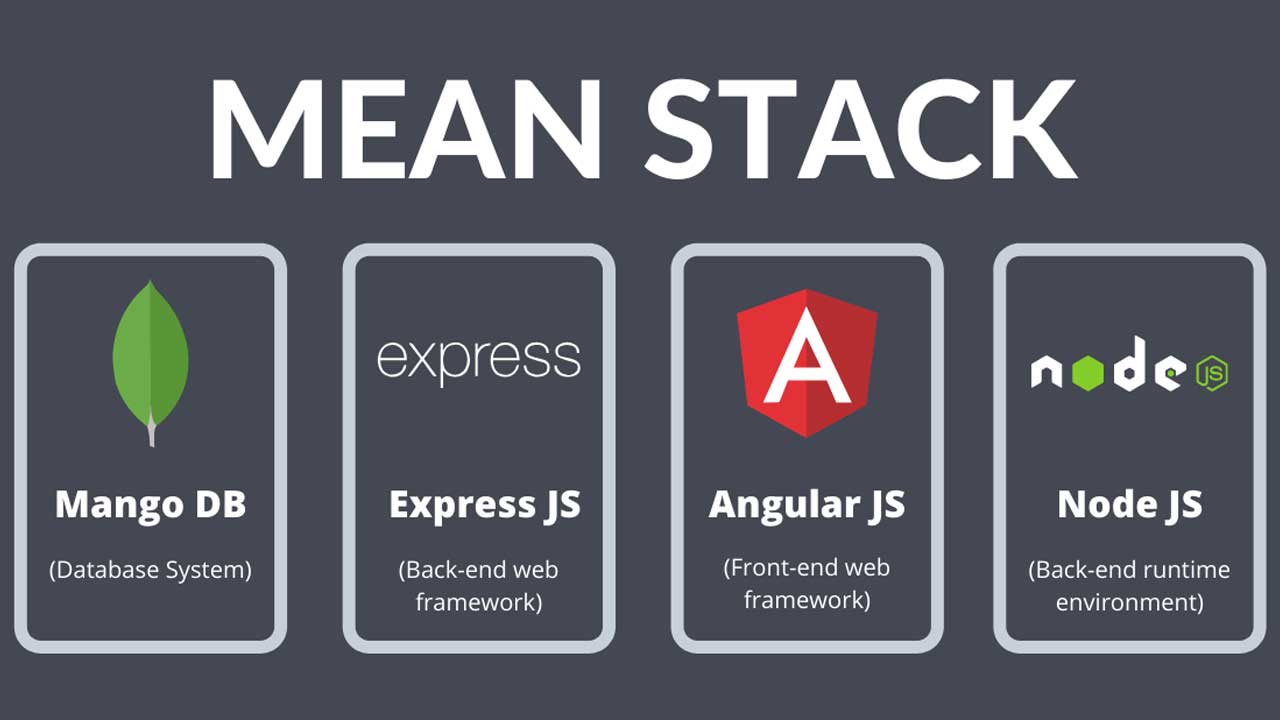Cloud Security and Compliance
Ensuring the security and compliance of cloud infrastructure is paramount for any organization. Our development team is dedicated to maintaining the highest levels of security and reliability by leveraging robust security tools, extensive knowledge, and practical experience. This blog delves into the intricacies of cloud security and compliance, highlighting our approach and best practices.
Introduction
In an era where data breaches and cyber threats are rampant, securing cloud infrastructure is crucial. Cloud security involves a set of strategies and practices designed to protect data, applications, and the associated infrastructure of cloud computing. Compliance, on the other hand, ensures that these security measures align with industry standards and regulations.
Understanding Cloud Security
What is Cloud Security?
Cloud security encompasses a wide range of policies, technologies, and controls deployed to protect data, applications, and the cloud infrastructure from cyber threats. It involves measures such as encryption, identity and access management, and intrusion detection systems.
Key Components of Cloud Security
1. Data Protection: Ensuring data is encrypted both in transit and at rest.
2.Identity and Access Management (IAM): Controlling who has access to what resources.
3. Network Security: Protecting the cloud network from unauthorized access and attacks.
4.Endpoint Security: Securing devices that access the cloud.
5. Application Security: Safeguarding applications running on the cloud.
Compliance in the Cloud
What is Compliance?
Compliance refers to adhering to regulations, standards, and best practices to ensure data privacy and security. In the cloud, compliance involves meeting standards such as GDPR, HIPAA, and PCI DSS.
Importance of Compliance
1.Legal and Regulatory Requirements: Avoiding legal penalties and fines.
2. Data Privacy and Protection: Ensuring customer data is secure and private.
3.Reputation Management: Building and maintaining trust with customers and stakeholders.
Our Approach to Cloud Security and Compliance
Utilizing Robust Security Tools
Our development team employs advanced security tools to safeguard cloud infrastructure. These tools include:
Firewalls: Protect against unauthorized access.
Encryption Tools: Ensure data is encrypted both in transit and at rest.
Leveraging Knowledge and Experience
Our team consists of experts with extensive knowledge and experience in cloud security and compliance. We stay updated with the latest security trends and regulatory changes to ensure our practices are current and effective.
Best Practices for Cloud Security and Compliance
1. Regular Security Audits: Conducting frequent security assessments to identify and mitigate risks.
2. Continuous Monitoring: Implementing real-time monitoring to detect and respond to threats promptly.
3.Employee Training: Educating employees on security best practices and compliance requirements.
4. Incident Response Planning: Developing and testing incident response plans to handle potential breaches effectively.
Conclusion
Securing cloud infrastructure and ensuring compliance are critical for protecting sensitive data and maintaining trust with customers. Our development team is committed to providing the highest level of security and reliability by using robust security tools, leveraging extensive knowledge, and adhering to best practices. By doing so, we ensure that our clients’ cloud environments are secure and compliant with industry standards and regulations.
FAQs
What is cloud security?
Cloud security involves a set of strategies and practices designed to protect data, applications, and the associated infrastructure of cloud computing from cyber threats.
Why is compliance important in the cloud?
Compliance ensures that security measures align with industry standards and regulations, avoiding legal penalties, protecting data privacy, and maintaining trust with customers.
How does your team ensure cloud security?
Our team utilizes advanced security tools, conducts regular security audits, continuously monitors cloud environments, educates employees, and develops incident response plans to ensure cloud security.
What are some key compliance standards for cloud security?
Key compliance standards include GDPR (General Data Protection Regulation), HIPAA (Health Insurance Portability and Accountability Act), and PCI DSS (Payment Card Industry Data Security Standard).
How often should security audits be conducted?
Security audits should be conducted regularly, with the frequency depending on the specific needs and risk profile of the organization. Quarterly or semi-annual audits are common practices.
By following these guidelines and leveraging our expertise, we ensure that our clients’ cloud infrastructures are both secure and compliant, providing peace of mind in an increasingly complex digital landscape.









